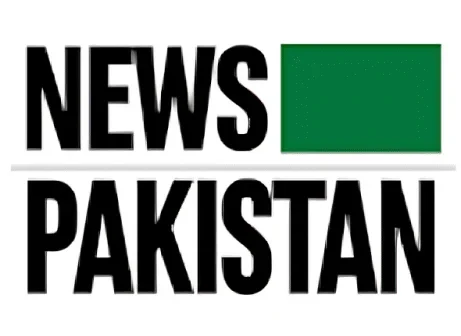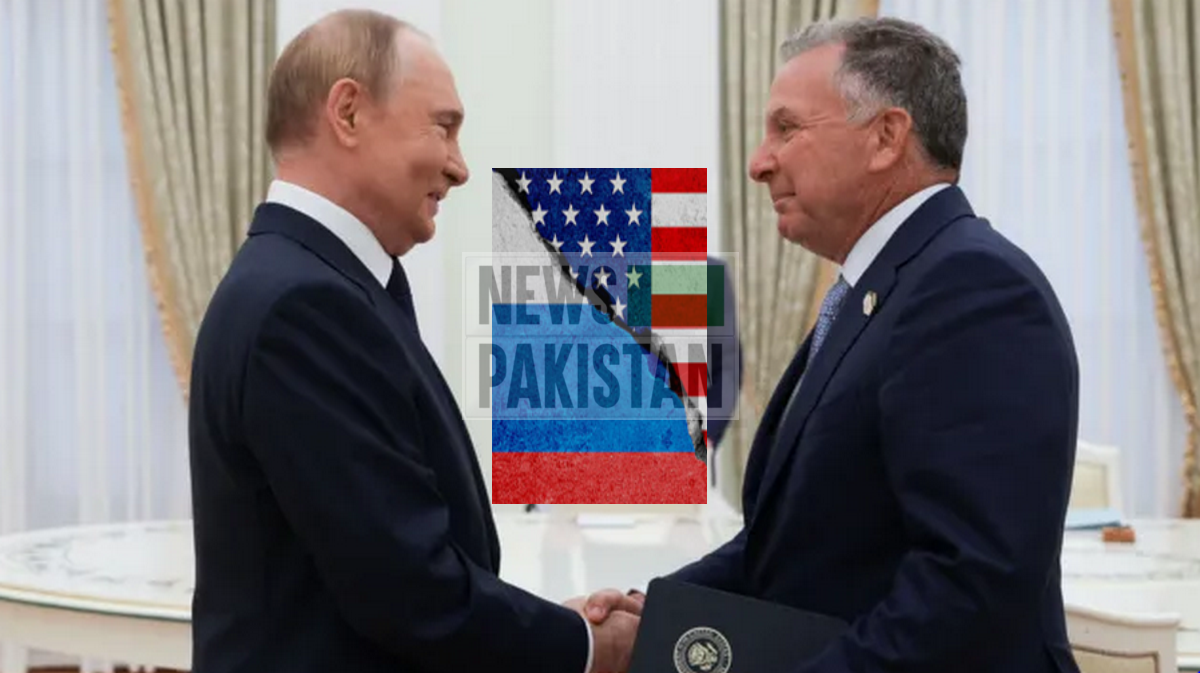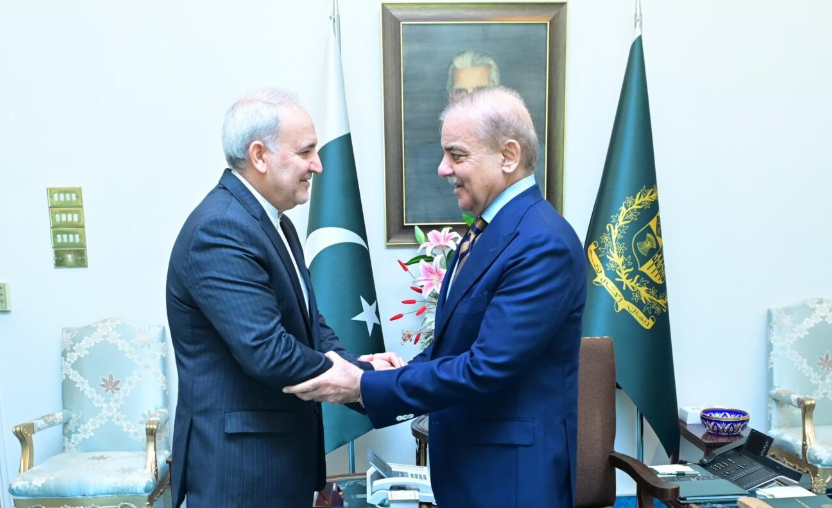DHAKA (NPTV/IFJ): The International Federation of Journalists (IFJ) and Pakistan Federal Union of Journalists (PFUJ) demands protections for media workers as political instability continues.
As long-running and controversial political leader Sheikh Hasina fled the country, media workers reporting on the crisis remain at the frontline of a new status quo after violent nationwide protests that claimed the lives of at least four journalists.
IJF joins its affiliate, the Bangladesh Manobadhikar Sangbadik Forum (BMSF), in condemning the brutal violence against journalists and calling for the protection of the safety, security, and fundamental rights of all media workers in Bangladesh.
Sheikh Hasina, who served as Bangladesh’s Prime Minister for a cumulative 20 years in total, resigned on 5th August, fleeing the country to India after anti-government protestors stormed her residence.
Hasina’s resignation came after fresh clashes between protestors demanding her removal and ruling party supporters on 4th August, resulted in the deaths of nearly a hundred people and injuries to hundreds more, the single worst day of casualties during protests in Bangladesh’s recent history.
Journalist Pradip Kumar Bhawmik was among those confirmed to be killed when he and four others were dragged from the Royganj Press Club in the country’s northern Sirajganj District and beaten by a group of unidentified assailants.
The correspondent for the daily Khabarpatra is the fourth journalist confirmed to be killed during the protest movement. As of the end of July, at least 160 journalists have been injured according to the Bangladesh Federal Union of Journalists (BFUJ).
The attack against Bhawmik took place after a clash between protesters and activists of the ruling Awami League in front of the party’s office in the Dhangara area of Raiganj.
A group of protestors pursued party leaders into the press club before attacking those inside, including Bhawmik. Three people died at the scene, while Bhawmik was seriously injured and moved to the Upazila Health Complex, where he died during treatment.
In the capital Dhaka, Business Standard newspaper reporters Miraz Hossain and Jahidul Islam were also attacked on August 4 by supporters of the Jubo League, the youth wing of the Awami League.
On 2nd August, Mithu Das Joy, Bureau Chief of the daily Kalbela was shot three times in Sylhet while covering the protests, before being taken to Mound Edora Hospital for treatment.
IFJ has recorded at least three other journalists killed in the violent protests that initially began with university students demanding reforms to the government civil service hiring quota system in late June.
Two journalists were slain on 18th July with Shakil Hossain, of the daily Bhorer Awaj newspaper, killed while reporting in Bhorer Awaj, Gazipur City, and Mehedi Hassan killed when he was shot in the head while covering a clash between law enforcement and protesting students and activists in Dhaka’s southern Jatra Bari area.
Journalist Abu Taher Md Turab, affiliated with the daily Jalalabad and daily Naya Diganta newspapers, was also fatally shot on 19th July when police began firing into a procession in the northeast city of Sylhet.
In response to the escalating violent unrest, authorities implemented an indefinite nationwide curfew on 4th August and ordered the shutdown of social media platforms and mobile internet services for an indefinite period.
The curfew was lifted on August 6 following Hasina’s resignation, with the country’s military assuming control and announcing the formation of an interim government until elections can be held.
The BMSF said: “We urgently call on the protesters and all concerned to ensure the safety of the journalists working in the field.
“We condemn the attacks on journalists in Dhaka, Kushtia, Rangpur, Patuakhali, and Chattagram. The situation is getting worse as attackers are attacking and vandalising media transport, forcing some TV channels to withdraw their journalists from the field due to security problems.”
IFJ’s General Secretary Anthony Bellanger said: “As the growing tally of killings and violent assaults on media continues in Bangladesh, the authorities must act immediately to safeguard the lives and rights of all journalists and ensure impunity is not allowed to prevail.
“Restrictions on telecommunications access and other threats to freedom of information must cease, and the perpetrators of crimes against journalists, including the killing of Pradip Kumar Bhawmik,must be brought to justice.
“In the wake of the resignation of Prime Minister Sheikh Hasina, IFJ calls on media collectives and unions to persist in their defence of the press during the political instability ahead.”
Newspakistan.tv

M. M. Alam is a Pakistan-based working journalist since 1981. Karachi University faculty gold medalist Alam began his career forty-five years ago by writing for Dawn, Pakistan’s highest circulating English daily. He has worked for region’s leading publications, global aviation periodicals including Rotors (of USA) and vetted New York Times as permanent employee of daily Express Tribune. Alam regularly covers international aviation and defense-related events including Salon Du Bourget (France), Farnborough (United Kingdom), Dubai (UAE). Alam has reported thousands of events and interviewed hundreds of people in Pakistan, UAE, EU, UK and USA. Being Francophone Alam also coordinates with a number of French publications.




